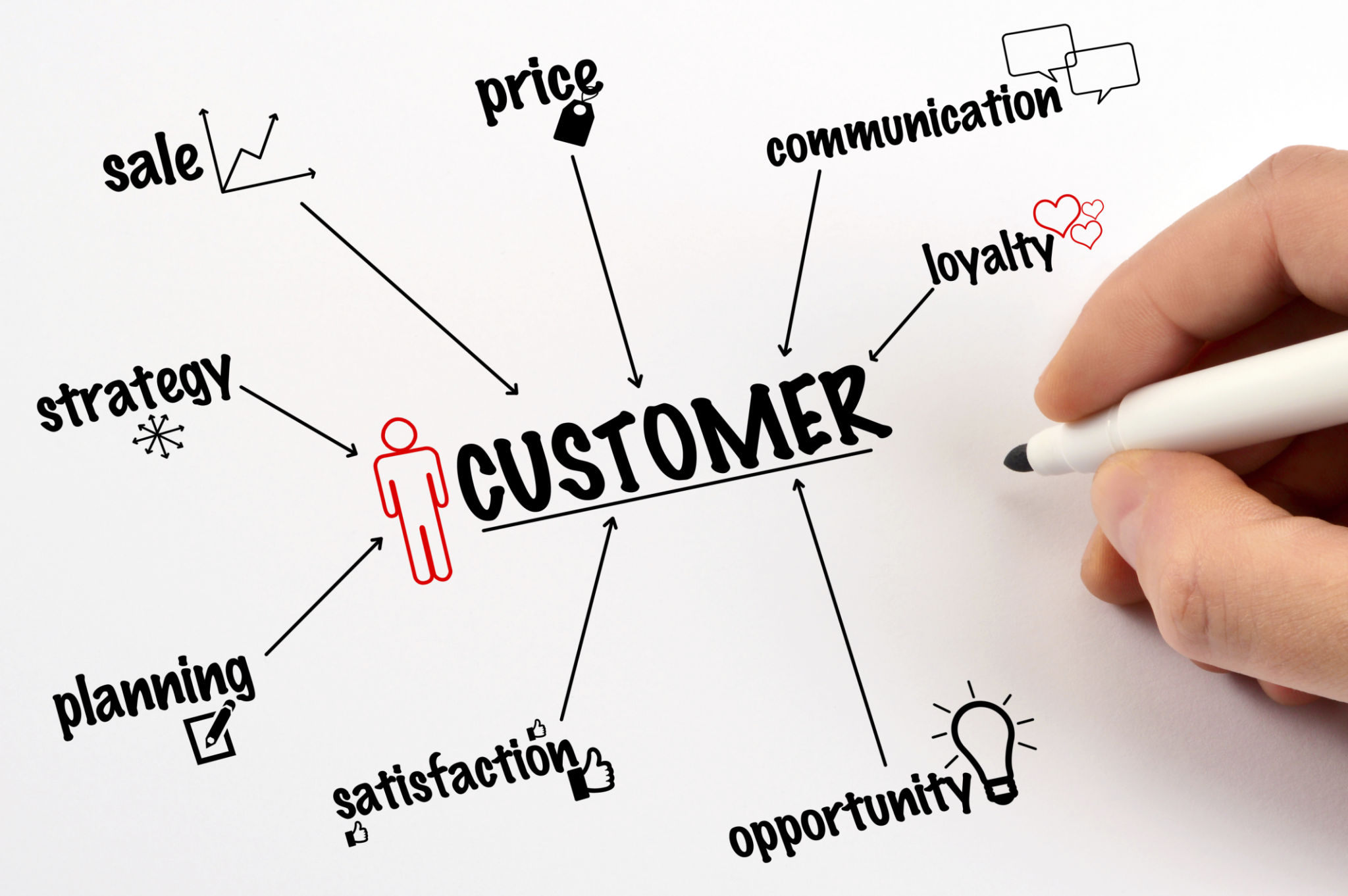Client Satisfaction Myths: What Really Drives Loyalty
Understanding Client Satisfaction Myths
Client satisfaction is a term often thrown around in business circles, but do we really understand what drives loyalty? Many businesses operate under certain myths about client satisfaction that can lead to misguided strategies. It's crucial to debunk these myths to focus on what truly fosters long-term client relationships.

Myth 1: Satisfaction Guarantees Loyalty
A common misconception is that a satisfied client will always remain loyal. While satisfaction is undoubtedly important, it doesn’t necessarily translate to loyalty. Clients may be satisfied with your product or service, yet they often switch to a competitor due to factors like pricing, convenience, or a better offer. Thus, satisfaction alone is not enough.
To cultivate loyalty, businesses need to go beyond merely satisfying clients. This involves creating emotional connections and providing unique value that clients cannot find elsewhere. A personal touch, attentiveness, and understanding client needs can contribute significantly to this aspect.
Myth 2: Price is the Primary Driver of Loyalty
Another widespread belief is that the lowest price wins client loyalty. While competitive pricing is important, it isn't the sole factor that drives repeat business. Many clients are willing to pay more for superior customer service and added value. Quality and value perception often outweigh the allure of low prices.

Companies that focus solely on price may find themselves in a race to the bottom. Instead, businesses should aim to differentiate themselves through exceptional service, quality products, and a memorable client experience.
Myth 3: Feedback Equals Satisfaction
Collecting feedback is a vital part of understanding client needs, but it doesn’t always reflect true satisfaction levels. People often hold back from sharing negative experiences unless prompted in the right way. Thus, businesses need to actively seek honest and constructive feedback and act upon it to improve their offerings.
Encouraging open communication channels and showing clients that their opinions matter can enhance their overall experience and foster loyalty. Remember, silence doesn’t always mean everything is perfect; sometimes it indicates indifference or unresolved issues.

What Really Drives Loyalty?
Loyalty stems from a combination of factors that go beyond mere satisfaction. Here are some key elements that truly drive client loyalty:
- Emotional connection: Building relationships based on trust and understanding.
- Consistent quality: Delivering reliable products or services every time.
- Exceptional service: Going above and beyond to meet client needs.
- Unique value: Offering something distinct that competitors do not.
The Importance of Continuous Improvement
Businesses must continuously evolve to maintain and enhance client loyalty. This involves staying updated with market trends, adapting to changing client needs, and consistently improving products and services. Engaging with clients regularly to understand their evolving expectations can also help businesses stay ahead of the curve.
Ultimately, client loyalty is built on a foundation of trust, quality, and value. By dispelling common myths and focusing on what truly matters, businesses can create lasting relationships with their clients.
